In order to apply for a Canadian study permit, prospective international students must first obtain a letter of acceptance from a Designated Learning Institution (DLI). As each institution may have different admission requirements and application processes, interested applicants may contact the desired institution(s) individually. Find out more about studying in Quebec.
In order to obtain a Canadian study permit to attend a post-secondary institution in Quebec, most students require a Certificat d’acceptation du Québec (Quebec Acceptance Certificate, or CAQ).
For a full list of DLIs by province, click here.
- Concordia University is a comprehensive English language university with over 500 programs at the graduate and undergraduate level. Located in downtown Montreal, it is known for its hands-on creative programs. Formed in 1974 as a marriage between Loyola University and Sir George Williams University, Concordia is a forward-thinking, diverse institution in a bustling urban environment. The John Molson School of Business is one of the top ten universities in Canada for business programs.
- Signature programs: Business, Building Engineering, Intermedia, Engineering and Computer Science, Geography and Urban Studies
- Université de Montréal is a giant among French-language universities in Canada, with a strong reputation in the health sciences and law. Almost 50,000 graduate and undergraduate students have access to more than 650 programs in more than 60 departments. Two affiliated schools — HEC Montréal and École Polytechnique — offer programs in Business and Engineering respectively, and each are renowned in their own right.
- Signature programs: Medicine, Social Sciences, Health Sciences, Law, Business
- McGill University may be the province’s best-known English-language university. Consistently ranking among the top universities in Canada and worldwide, McGill is particularly known for its Medicine, Management, and Engineering programs. Home to 11 faculties and 12 professional schools, McGill offers its 38,000 students a choice of over 300 programs over two campuses. The park-like main campus is located in downtown Montreal, while the campus in nearby Sainte-Anne-de-Bellevue hosts the Agricultural and Environmental Sciences faculty, where students have access to a working farm.
- Signature programs: Medicine, Law, Music, Dentistry, Engineering, and Management
- Université de Québec is a network of 10 institutions across the province, with universities in Montreal (UQAM), Trois-Rivières (UQTR), Chicoutimi (UQAC), Rimouski (UQAR), Outaouais (UQO), and Abitibi-Témiscamingue (UQAT). It also has two member schools (of public administration and technology), a science research institute, and North America’s only French-language distance learning university, TÉLUQ.
- Bishop’s University is one of the three English-language universities in Quebec, along with McGill and Concordia. It is located in Sherbrooke, in southern Quebec. With a population of less than 3,000 students, the university is ideal for those looking for smaller, cozier, residential experience where their input in a community matters. Bishops is primarily an undergraduate university with a strong tradition in the humanities and social sciences, as well as natural sciences and business.
- Signature programs: Languages, Education, Business, Humanities, Natural Sciences, and Mathematics
- Quebec’s college system is unique within Canada. After 11 years of elementary and secondary school, students may enter public colleges known as CEGEPs, where they may pursue vocational diplomas (DEP) or pre-university (DEC) courses. The former prepares students to enter the workforce directly or enter university; the latter prepares students to enter a Bachelor program with advanced standing (Bachelor programs in Canada for students who have completed CEGEP are usually three years in length). The following colleges are within the CEGEP system. Quebec also has a number of private colleges.
- Founded in 1970, Vanier College was Montreal’s second English-language public college. Most of its approximately 6,000 students pursue pre-university programs, although as with other colleges in Quebec, three-year technical programs are also on offer. Vanier is located in the St. Laurent borough of Montreal, known for its diversity (according to the most recent census data, more than half of its residents reported a first language other than English or French) and residential feel. The college is also well-connected by metro to the downtown core.
- Signature programs: Pre-University, Career Programs, Attestation Programs, College Majors, Sustainability
- Founded in 1969, Dawson College was the province’s first English-language vocational college, and is now the largest with almost 11,000 students. Students may choose from a wide range of pre-university or technical programs, and may pursue their studies in the English language. For this reason, Dawson is popular with international students. The college is known for experimenting with pedagogical techniques, including smaller seminar-style classes.
- Signature programs: “First Choice Science”, Arts, Literature and Communication, Business, Engineering, Business Technology
- Collège Ahuntsic, one of the largest CEGEPs in Quebec with approximately 10,000 students, is well-known for its science programs. In certain programs, students may have access to part-time work in their field of study. As a Francophone college, classes at Ahuntsic are conducted in French. The college is located in the Ahuntsic-Cartierville neighbourhood in northern Montreal.
- Signature programs: Natural Sciences, Arts, Literature and Communication, Radiology, Pre-hospital Emergency Care (Paramedic), Police Technology.
- As is the case across Canada, popular study programs include Engineering, Nursing, and Computer Science.
- McGill’s reputation draws many students to its Medicine, Law, and Management programs. Montreal is known for its art scenes, and Arts and Humanities-related subjects are popular here. Several Quebec institutions are known for specializing in Hospitality and Tourism Management and Culinary programs, which are also big draws for students.
- In addition to the programs above, institutions across Quebec offer a broad range of programs.
International tuition at CEGEPs is established across the province, and international students may expect to pay between $12,000 and $18,602 per year, depending on the program of study.
Universities in Quebec show more variation in tuition. International students may expect to pay between $10,000 and $30,000 per year, depending on the program of study (certain specialized post-graduate programs may be more expensive).
Prospective international students should note that Quebec also has agreements with certain countries that exempt citizens of these countries from paying international tuition supplements. For more information, prospective students are encouraged to consult Quebec’s Ministry of Education or a post-secondary institution.
International students studying in Canada are required to purchase health insurance before arriving in Canada. Often, this is organized through the post-secondary institution.
However, students from countries which have a reciprocal agreement with Quebec may be eligible for provincial healthcare coverage. These countries are:
- Belgium
- Denmark
- Finland
- France
- Greece
- Luxembourg
- Norway
- Portugal
- Romania, and
- Sweden
It should be noted that only students from France are also eligible for prescription drug coverage.
In order to apply for a study permit, a potential international student must show that he or she has $11,000 in addition to tuition fees to cover living expenses in Quebec. This equates to $917 per month.
It should be noted that the costs of living can vary widely across the province, particularly between large cities and smaller towns. For an approximate estimation of living costs in Quebec, please see below.
| Factor | Per month (approx.) | Per year (approx.) |
|---|---|---|
| Accommodation | $550 | $6,600 |
| Food | $200 | $2,400 |
| Clothing, miscellaneous | $150 | $1,800 |
| Recreation and entertainment | $150 | $1,800 |
| Health insurance | $83 | $1,000 |
| Transportation (Montreal network, reduced fare for students 25 and under) | $49.75 | $597 |
| Phone bill | $60 | $720 |
| Internet | $50 | $600 |
| Utilities | $100 | $1,200 |
| Cost of living total | $1,442.75 | $17,313 |
International students in Quebec may have access to private loans on the same terms as Canadian citizens and permanent residents. Loans may be offered by banks, student organizations, or other groups. It is important to properly research loan options, and understand the interest and repayment plans, before committing to any contract.
Many organizations and institutions may offer scholarships or bursaries to international students studying in Quebec. For more information, students are encouraged to contact the international student services department of their institution.
Graduate programs in particular often have funding options for students pursuing a Master’s or PhD program. It is important to contact the educational institution directly for more information.
- As a popular program across Canada, it is possible to study Engineering in many Quebec universities and colleges.
- McGill in particular is known for its Engineering department, which was ranked fifth-best in Canada by Maclean’s magazine in 2016.
- Concordia’s Faculty of Engineering and Computer Science offers more than 50 undergraduate and graduate programs.
- McGill was ranked sixth-best in Canada for Computer Science by Maclean’s magazine in 2016.
- As a popular program across Canada, it is possible to study Computer Technology and related programs in many Quebec universities and colleges.
- Computer Science and related programs are available at all three of Quebec’s English-language universities (Bishop’s, McGill, and Concordia), as well as at English-language colleges such as Dawson and Vanier.
- As a popular program across Canada, it is possible to study Nursing and related health programs in many Quebec universities and colleges.
- McGill was ranked sixth-best in Canada for Nursing by Maclean’s magazine in 2016.
- Dawson College’s nursing program prepares graduates to enter the workforce, but also encourages them to continue on to a Bachelor of Nursing degree — to this end, it has developed an integrated DEC-BAC program in partnership with McGill University’s School of Nursing.
The wholesale and retail trade sector is the largest employer in Quebec, followed by the health and social assistance sector.
From September 2015 to September 2016, significant growth in employment was seen in the business, building and other support services, finance, insurance, real estate, rental and leasing, and educational services sectors.
- Learn more about the economy and employment in Quebec.
- Use the Canada Job Search Tool to look for open positions across Quebec and Canada.
Graduates from a DLI in Quebec may apply for the Post-Graduation Work Permit after graduating from an eligible study program.
Quebec Experience Program: Many international students who come to study in Quebec eventually become permanent residents of Canada through the Quebec Experience Class, also known as the Programme de l’expérience Québécoise, or PEQ. This program operates a stream targeted at international students in Quebec. This pathway does not require individuals to reach a point threshold and/or receive an invitation to apply.
Quebec Skilled Worker Program: If a student is finishing his or her studies in Quebec and holds a valid CAQ and study permit, he or she may be eligible to apply through the Quebec Skilled Worker Program (QSWP) as a cap-exempt applicant. Candidates who have studied in Quebec must have completed at least one half of an eligible study program and be ready to enter the workforce. The QSWP uses a points-based system to assess applications of individuals who wish to settle in the province.
Express Entry: Candidates for immigration to Canada who have completed their education at a school in Quebec and ultimately wish to immigrate to another province or territory in Canada may do so through the federal Express Entry immigration selection system. Such individuals may be awarded a significant number of points on account of their high level of education. Moreover, international graduates of Canadian educational institutions may have obtained important Canadian work experience, another highly valued factor under the Express Entry system.
Studying in Quebec does not prevent an international graduate from submitting an application to a Provincial Nominee Program (PNP) elsewhere in Canada for which he or she may be eligible. However, applicants must have the intention to reside in the province to which he or she is applying through a given PNP category.
Quebec is Canada’s largest province, and consequently the climate varies greatly between the southern border with the United States and the northern coastline (which extends almost to the Arctic Circle). Most of Quebec’s major cities, including Montreal, are located in the south of the province, and experience hot, humid summers and cold, snowy winters.
To learn more about studying in Quebec, consult the Study in Quebec page.







